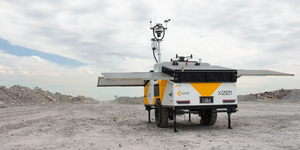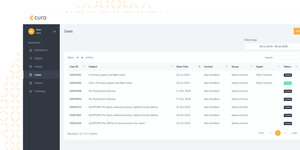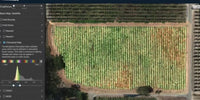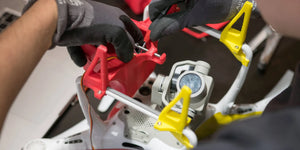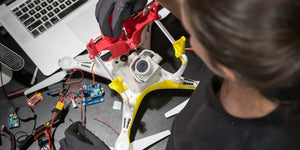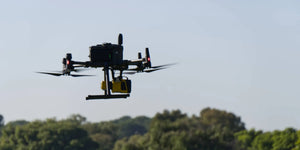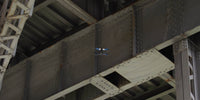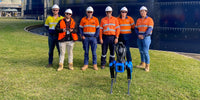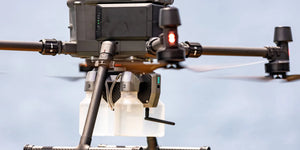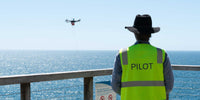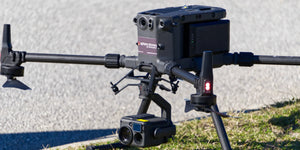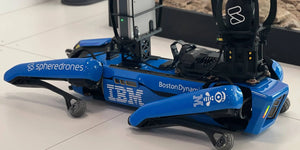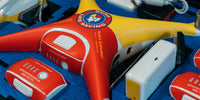If you haven't already be sure to check out our article on What are Subsea ROVs? to get a better understanding of the topic. Subsea ROVs have proven their use in various industries allowing them to cement their place in the toolbox. These industries include biosecurity, research, shipping, oil, and gas.
Aquaculture
Subsea ROVs are used to monitor sea life as they are prepared to be used for food and other products. The ROVs can be used to inspect netting without having to remove it from the water, inspect the health of fish, and count the number currently on hand.
Commercial and salvage diving
Subsea ROVs are often used to inspect underwater structures and enter areas too small for humans to. They are also used in salvage operations, allowing divers to know where to place tie down points and event placing some remotely.
Municiple infrastructure
Government owned infrastructure is expensive to keep running and in good shape, especially infrastructure that's underwater. Subsea ROVs can quickly and easily inspect pipelines, bridge pilons, dam walls, reservoirs, and other underwater structures.
Military & police
Security risks are often under water to prevent people from being able to spot them or as a way to destroy possible evidence. Subsea ROVs fit this task perfectly, inspecting the hull of ships, searching for contraband, and even looking for explosive devices.
Ocean science
Subsea ROVs are often used for environmental research and data collection projects that would be too dangerous and slow with divers. Subsea ROVs allow for more ground to be covered, improving data quality, and ensuring the research isn't a waste.
Oil and gas
Subsea ROVs play a key role in the safety and operation of oil and gas rigs. These rigs have many kilometres of pipes running beneath the ocean's surface and overtime these can become damaged. Subsea ROVs can be quickly deployed to complete routine checks on these pipes and ensure an oil spill doesn't happen.
Shipping
During long shipping runs between countries, ships can become damaged from rough waves. Subsea ROVs can be quickly deployed while in transit to check on the condition of the ship ensuring it can continue its journey. This also means its ready to go for its next journey once it reaches port, decreasing downtime.
Discovery
Subsea ROVs are often used to discover new things about the world underwater, which we don't know much about. The ROVs can enter places humans can't and access depths not safe to do so. This allows new discoveries to be found with new species and underwater structures that were once above the water.
Biosecurity
When a ship stops a country's port biosecurity checks must be done to ensure nothing unwanted gets into the country and poses a threat to local wildlife. Weather its purposely brought it or accidently things can be attached to the hull of large ships which makes a perfect use for Subsea ROVs to inspect them.
Source: Deep Trekker
